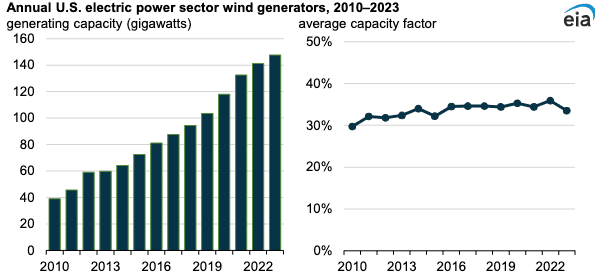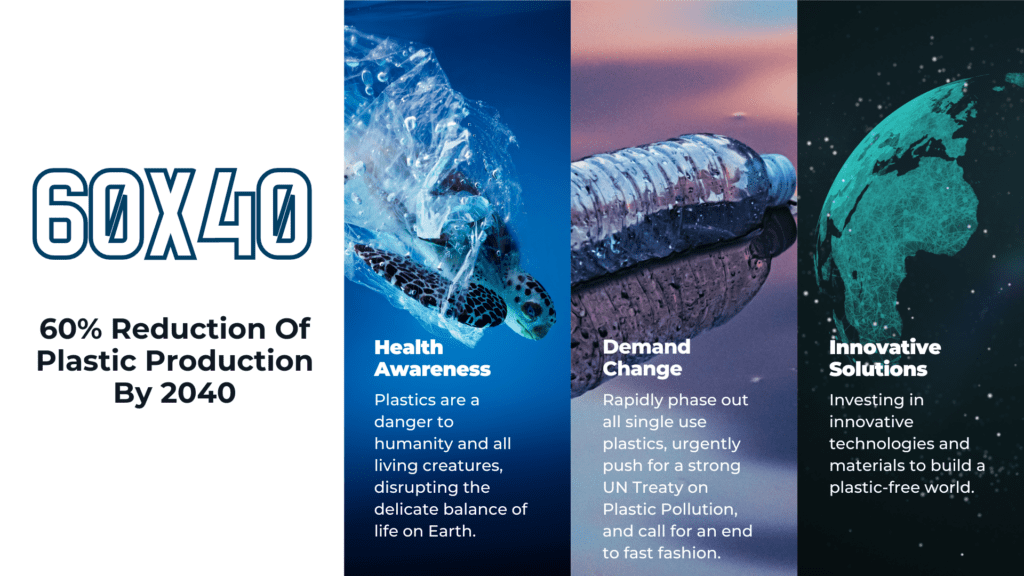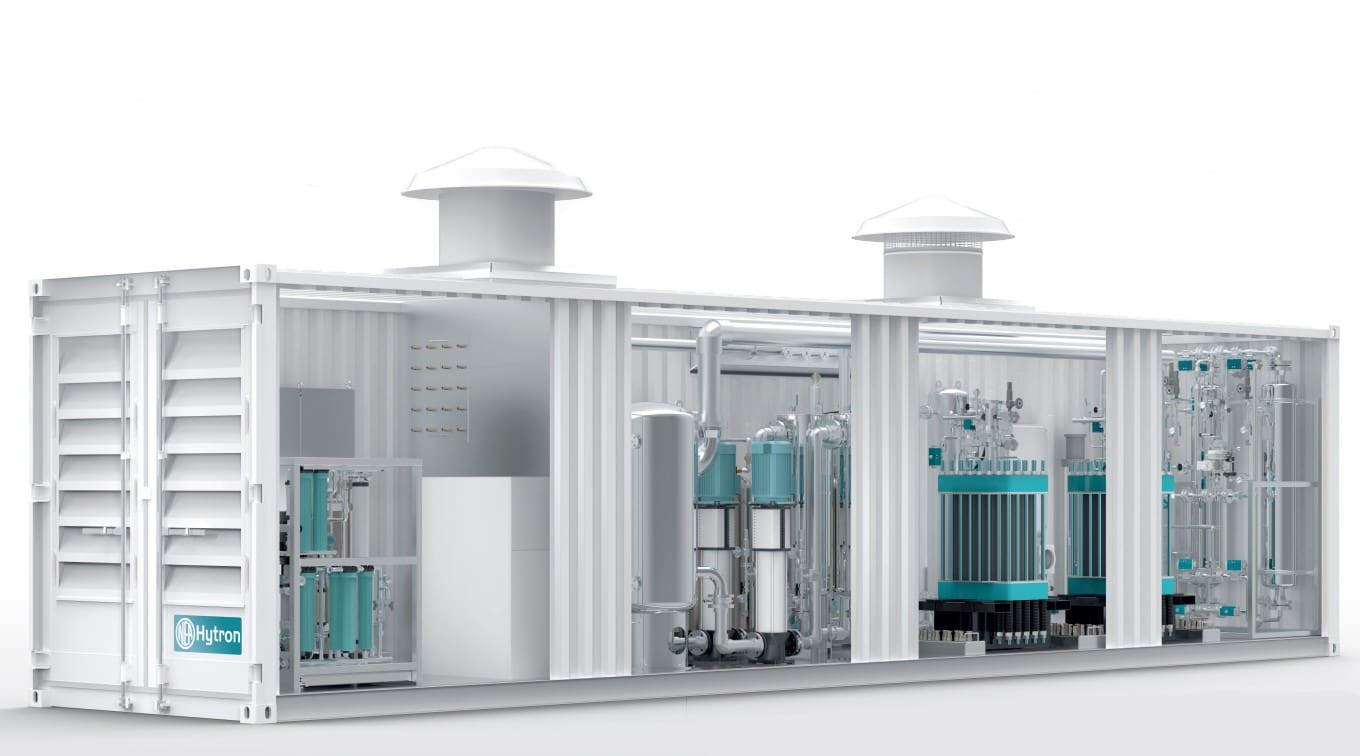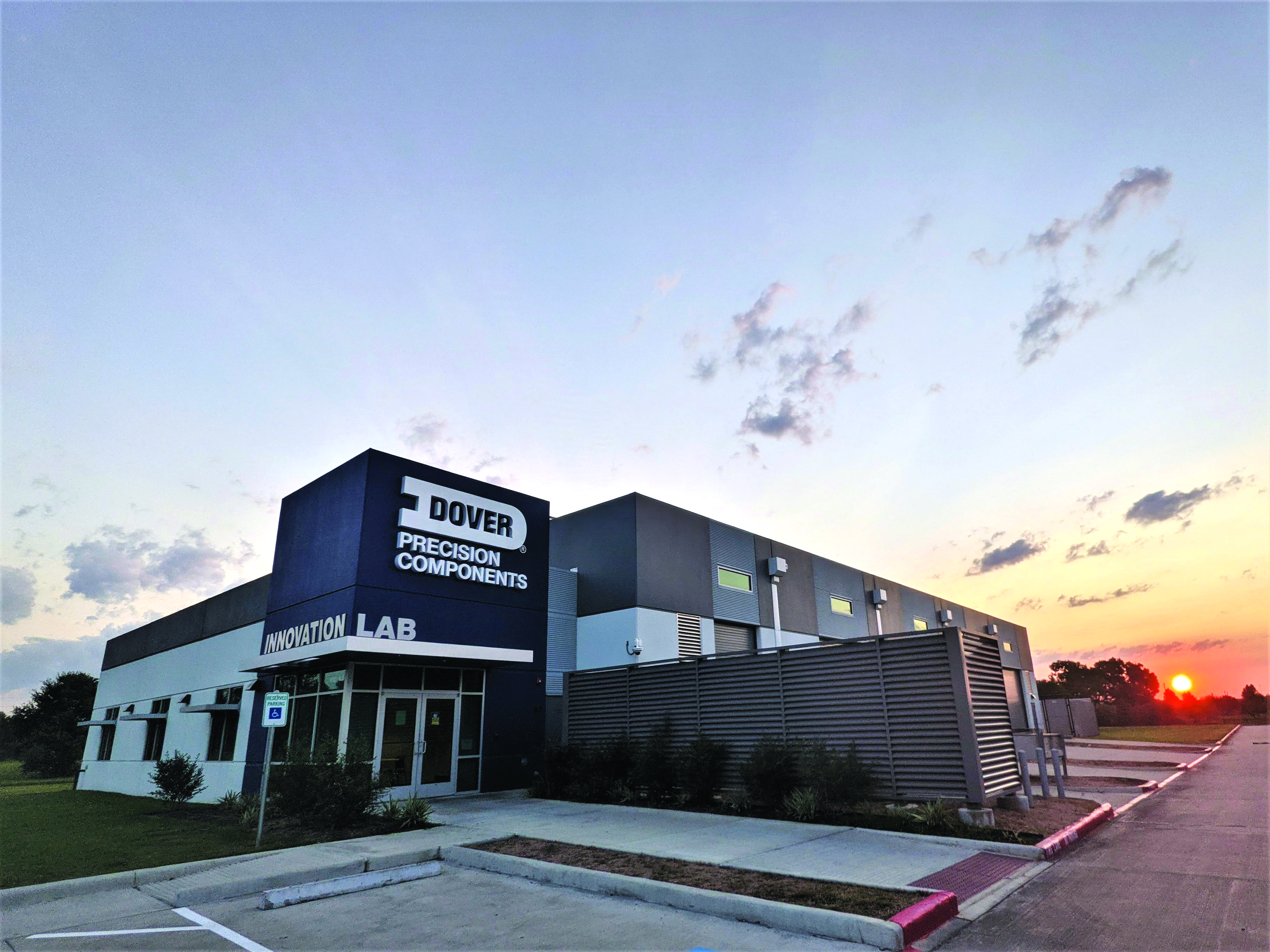The California Air Resources Board (CARB) has reached settlement agreements with several companies for violations of the Aftermarket Parts Regulation as part of its enforcement efforts to uphold California’s air quality rules. The cases included a settlement agreement with Meyer Distributing Inc. of Jasper, Indiana, for US$564,250.
CARB investigators discovered in 2020 that Meyer was selling and distributing emissions-related aftermarket performance parts in California that were not exempted from the regulations. The parts involved in the settlement did not have CARB approval at the time of sale. Aftermarket performance parts typically require an exemption from the regulatory requirements to be legally advertised, offered for sale, sold, installed, and/or used in California.
Meyer’s settlement includes a US$282,125 civil penalty and US$282,125 in funding for two Supplemental Environmental Projects (SEP), which are environmentally beneficial projects intended to improve public health, reduce air pollution, and bring awareness to communities most burdened by poor air quality. The SEP funds will be split equally between Fresno TREES Phase 5 Outreach Education with Tree Fresno and Diesel Idling Deterrence and Education in the Los Angeles Unified School District.
“Emissions controls on vehicles play an important role in reducing the pollutants that contaminate our air and contribute to California’s smog challenges,” said CARB Executive Officer Dr. Steven Cliff. “Clean air and healthy communities require that aftermarket parts manufacturers follow the rules, and our team’s enforcement action makes it clear that we will hold companies accountable.”
CARB also recently reached settlement agreements with California-based Evasive Motorsports Inc. of Cerritos for US$295,000 and Throtl Inc. of San Diego for US$175,000. Both settlements were for violating the Aftermarket Parts Regulation by selling non-exempt aftermarket parts that altered the performance of vehicles’ emissions control systems in California.
Aftermarket parts offered for sale in California must undergo a CARB engineering evaluation to ensure the part does not increase vehicle emissions. If the part is approved, it is granted an exemption called an “Executive Order,” which allows the part to be installed on specific emissions-controlled vehicles.


















